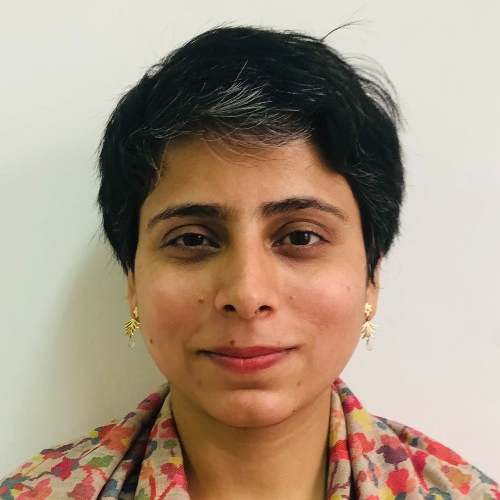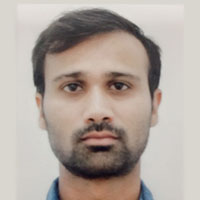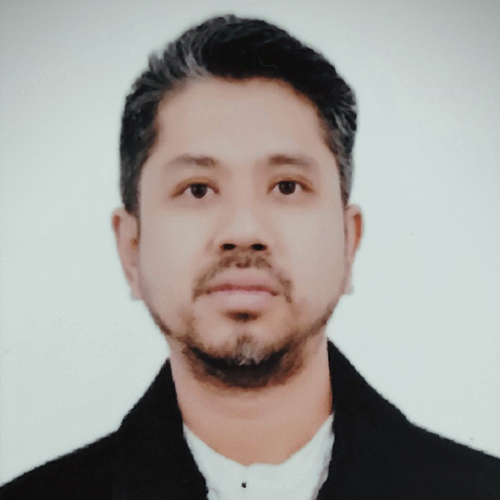The Arab Spring that was and wasn’t
When each dictator fell, there was hope that the country might move towards democracy even if the route might prove to be long and difficult. That hope has proved to be a mirage, except in Tunisia.
- K. P. Fabian
- December 31, 2015








